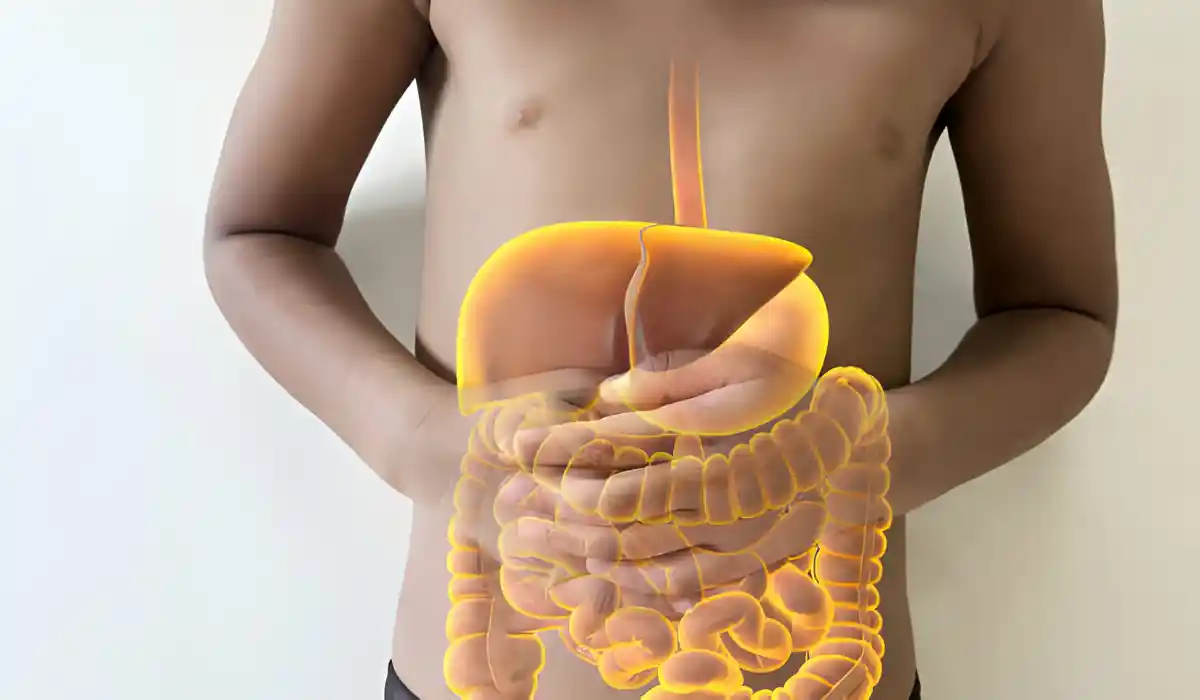Feeling sleepy after a meal is a common experience for many people. But if you find yourself regularly dozing off after eating, you might wonder: is falling asleep after eating a sign of diabetes? While post-meal fatigue can be a normal response to the digestion process, it may also indicate an underlying health issue like diabetes.
In this article, we’ll explore what happens during digestion, why you might feel tired after eating, and the warning signs that post-meal fatigue isn’t normal. We’ll also discuss the role of insulin in energy levels and blood sugar, and how diabetes can interfere with these processes.
What Happens During the Digestion Process?

When you eat a meal, your body begins the complex process of digestion. This involves breaking down food into smaller components, absorbing nutrients, and distributing energy throughout your system. As your digestive system works hard to process the food you’ve consumed, it diverts blood flow away from other parts of your body, including your brain. This can lead to feelings of fatigue or drowsiness, especially after a large or heavy meal.
Why You Might Feel Tired After Eating?
In addition to the energy required for digestion, there are several other reasons why you might feel tired after eating. Certain foods, such as those high in carbohydrates or tryptophan (an amino acid found in turkey and other proteins), can contribute to post-meal sleepiness. Overeating or consuming large portions can also lead to fatigue, as your body works overtime to process the excess food. Dehydration, alcohol consumption, and underlying health conditions like anemia or sleep apnea can also cause post-meal exhaustion.
The Role of Insulin in Energy Levels and Blood Sugar
Insulin is a hormone produced by the pancreas that helps regulate blood sugar levels. When you eat, your body breaks down carbohydrates into glucose (sugar), which enters your bloodstream. In response, your pancreas releases insulin to help cells absorb glucose from the blood, providing them with energy. Insulin is a hormone that instructs the liver to store excess glucose for future use. This process helps maintain stable blood sugar levels and ensures that your cells have the energy they need to function properly.
How does Diabetes Interfere with Insulin and Digestion?
Diabetes is a chronic condition that impacts the body’s ability to process glucose. In type 1 diabetes, the immune system attacks and destroys the insulin-producing cells in the pancreas, leading to little or no insulin production. In type 2 diabetes, the body becomes resistant to insulin’s effects, or the pancreas doesn’t produce enough insulin to keep up with demand. As a result, glucose builds up in the bloodstream rather than being absorbed by cells for energy. This can cause a range of symptoms, including fatigue, increased thirst and urination, blurred vision, and slow wound healing.
Warning Signs That Post-Meal Fatigue Isn’t Normal
While feeling tired after eating can be normal, some warning signs suggest an underlying health problem like diabetes. If you experience extreme exhaustion or regularly fall asleep immediately after meals, it’s worth discussing your symptoms with a healthcare professional. Other red flags include
- Unintentional weight loss
- Blurred vision
- Slow wound healing
If you have a family history of diabetes or other risk factors like obesity or high blood pressure, it’s especially important to be vigilant about post-meal fatigue and other potential diabetes symptoms.
Blood Sugar Highs and Lows that Lead to Exhaustion
Feeling sleepy is quite common for many people. For people with diabetes, post-meal fatigue may be a sign of blood sugar fluctuations. High blood sugar (hyperglycemia) can cause fatigue, headaches, and difficulty concentrating, while low blood sugar (hypoglycemia) can lead to dizziness, shakiness, and confusion in addition to exhaustion.
These highs and lows can be caused by imbalanced meals, skipped meals, or improper medication dosing. Working with a healthcare team to develop an individualized meal plan and treatment regimen can help prevent blood sugar swings and manage diabetes-related fatigue.
Lifestyle Adjustments for Managing After-Meal Fatigue
Whether your post-meal sleepiness is related to diabetes or other factors, several lifestyle adjustments can help combat fatigue. Eating smaller, more frequent meals throughout the day can help keep blood sugar levels stable and prevent energy crashes. Choosing balanced meals with a mix of protein, healthy fats, and complex carbohydrates can also provide sustained energy. Staying hydrated, getting regular exercise, and practicing good sleep hygiene can all contribute to better energy levels throughout the day.
When to Seek Medical Evaluation for Post-Meal Fatigue?
If you’re wondering, “Is falling asleep after eating a sign of diabetes,” and your fatigue is severe, persistent, or accompanied by other symptoms, it’s important to seek medical evaluation. A healthcare professional can help determine whether your post-meal exhaustion is caused by diabetes or another underlying health condition. They may recommend tests such as a fasting blood sugar test, oral glucose tolerance test, or A1C test to diagnose diabetes or prediabetes.
Options for Testing and Diagnosing Diabetes
There are several options for testing and diagnosing diabetes. A fasting blood sugar test measures your blood glucose levels after an overnight fast, while an oral glucose tolerance test measures your body’s response to a sugary drink over several hours. The A1C test provides an average of your blood sugar levels over the past two to three months. Your healthcare provider can help determine which test is right for you based on your symptoms, risk factors, and overall health.
Treatments If Diabetes Is Causing Your Fatigue
If diabetes is causing your post-meal fatigue, your healthcare team will work with you to develop a comprehensive treatment plan. This may include lifestyle modifications such as a balanced diet, regular exercise, and stress management techniques. Medications such as insulin or oral diabetes drugs may also be prescribed to help manage blood sugar levels. Regular check-ups and monitoring can help prevent complications and ensure that your treatment plan is working effectively.
Bottom Line
Is falling asleep after eating a sign of diabetes? While post-meal fatigue can be a normal response to the digestion process, it can also indicate an underlying health issue like diabetes. By understanding the role of insulin in energy levels and blood sugar, and recognizing warning signs that post-meal exhaustion isn’t normal, you can take steps to manage your symptoms and prevent complications.
Lifestyle adjustments such as balanced meals, regular exercise, and stress management can help combat fatigue, while medical evaluation and individualized treatment plans can address diabetes or other underlying conditions. If you’re concerned about your post-meal fatigue or other potential diabetes symptoms, don’t hesitate to reach out to a healthcare professional for guidance and support. Remember, early diagnosis and management of diabetes are key to maintaining good health and quality of life. So, if you’re regularly falling asleep after eating, ask yourself: “Is it time to take action and prioritize my health?”

